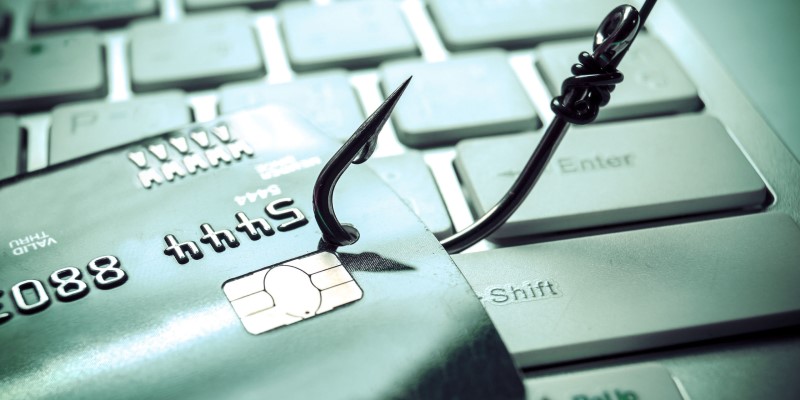 Does ISO 27001 certification ensure GDPR compliance? The quick answer is "no" because the two documents are similar but not identical, but la conformità alla norma ISO 27001:2017 can help an organization meet GDPR standards because many points are in common.
Does ISO 27001 certification ensure GDPR compliance? The quick answer is "no" because the two documents are similar but not identical, but la conformità alla norma ISO 27001:2017 can help an organization meet GDPR standards because many points are in common.
For example, both ISO 27001 and the General Data Protection Regulation require notification to supervisory authorities of breaches, albeit at different levels, but ISO 27001 also contains requirements designed to ensure that information security incidents are managed in a consistent manner.
Again, both GDPR and ISO 27001 require organizations to define all relevant regulatory and contractual requirements and make them available to auditors, so that they can confirm compliance. The risk assessment as designed in ISO 27001, moreover, can help organizations avoid the penalties associated with violation of the cyber security and data processing requirements of the GDPR which can reach up to 4% of a company's total revenue.
GDPR and ISO 27001 then both impose confidentiality, l’integrità dei dati, a risk-based approach to data security, identification of which actions are outsourced in order to keep them under control, and the retention of records relating to the entire data management.
An organization that can count on a Sistema di gestione della sicurezza delle informazioni in base alla ISO 27001:2017 certainly has a working methodology that is less exposed to data breaches and personnel who are more attentive and aware of the risks, as well as more trained on the actions to take in the event that such situations should occur.
The future of GDPR requirements also indicates that privacy will be integrated into business processes in line with what is already foreseen by ISO 27001. Data privacy regulation is becoming increasingly complex with the addition of further provisions and protections each year. Looking ahead, companies wishing to gain a strategic advantage over competitors will need to incorporate security standards into all aspects of their business. Companies that have adopted ISO 27001 will be well prepared to meet these future expectations as the standard concerns the protection of information assets, personal data and more.
In conclusion, we can say that the GDPR revolves mainly around how personal data is collected, while ISO 27001 provides guidance on how collected data can remain confidential and secure.
Furthermore, the main directive of the General Data Protection Regulation is to protect the right to privacy of individuals and to offer European citizens certain rights regarding the verification of how their data is collected, stored and shared, while ISO 27001 is more concerned with security controls on data. By putting into practice the obligations of the GDPR and the best practices of ISO 27001, organizations can build an integrated system for the secure management of company data.
ISO 27001, moreover, can serve to demonstrate compliance with the GDPR, as the regulation itself suggests with regard to adherence to codes of conduct and approved certifications such as, precisely, ISO 27001 which serve to give assurance that the data controller is effectively managing the risks relating to data security.
Using, therefore, an integrated combination of the two standards manages your data assets in the best possible way, reducing potential risks.
In securing your computer system, in fact, you must also consider people and processes as critical elements for data protection, in addition to the purely technological aspect. The General Data Protection Regulation lacks useful information aimed at maintaining an appropriate level of data security even if Article 32 specifies that technical measures are necessary to protect data and that the risks arising "from destruction, loss, alteration, unauthorized disclosure or accidental or unlawful access to personal data" are identified and mitigated.
While providing examples of security measures and controls, the DPCR does not, however, provide detailed guidance on what should be done to avoid a data breach. ISO 27001 translates the principles of the regulation into practice, providing information on how to develop policies to minimize security risks that could lead to incidents.
Ultimately, it can be said that European law requires organizations to put in place measures to ensure an "adequate" level of personal data security, taking into account the risks presented by the various data processing activities in which they are involved and that the ISO 27001 standard can allow companies to demonstrate that they are at the top in this particular obligation.
If you want to certify the security of your company and demonstrate to your customers that you have committed to implementing a system that guarantees the confidentiality, integrity and availability of information, why not choose ACSQ for this path and ensure that ISO 27001 becomes a real strategic asset at the service of your business?
Our experts will conduct an assessment process that aims to verify concretely that your company, in daily operations, respects the best practices provided by the standard and that company data is protected in the correct way.
Call us without obligation on 02.58320936 or write to us at


